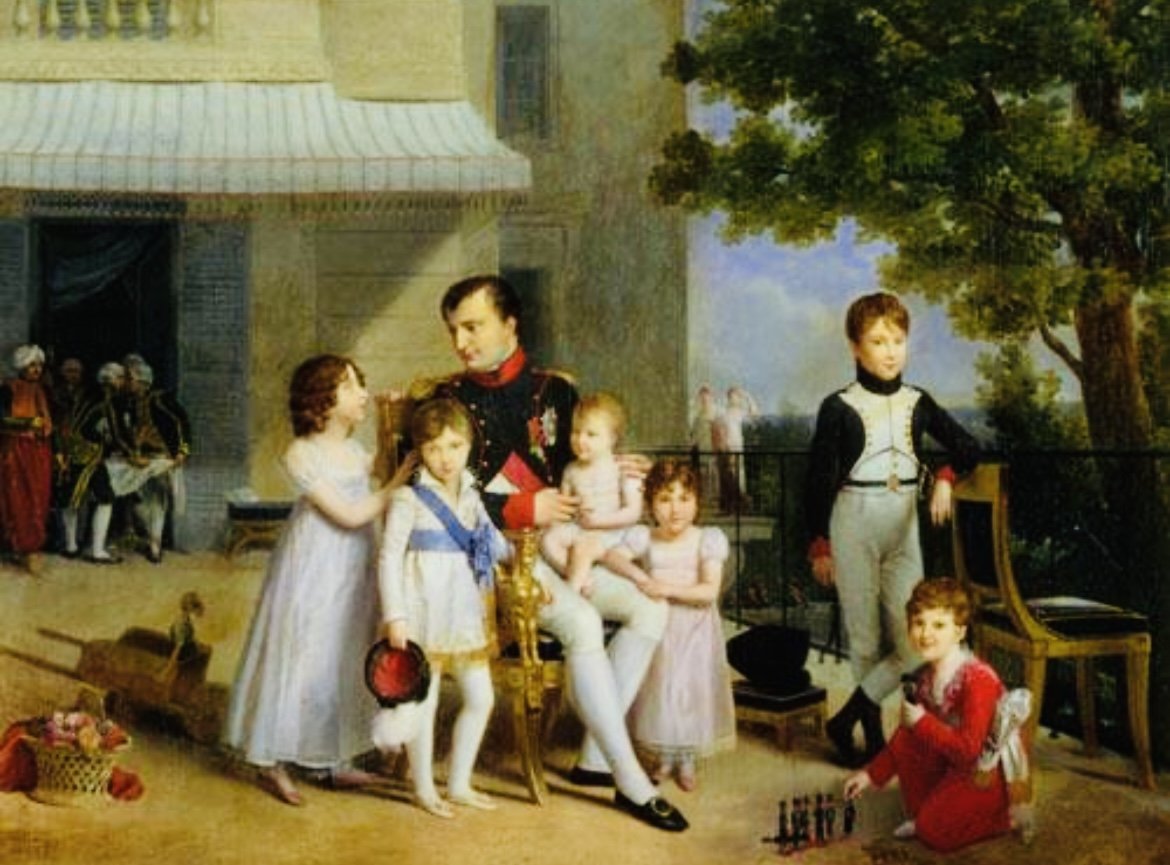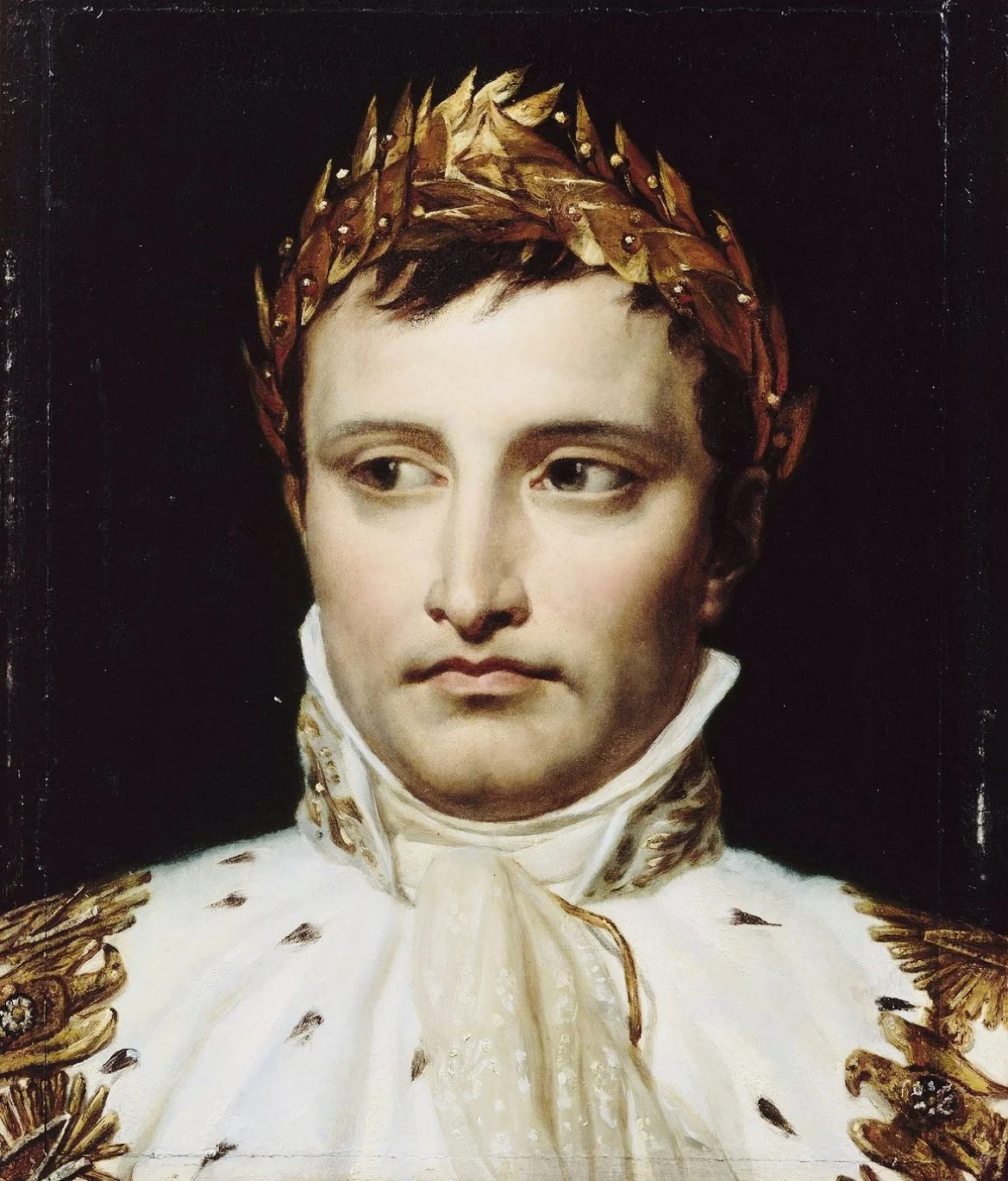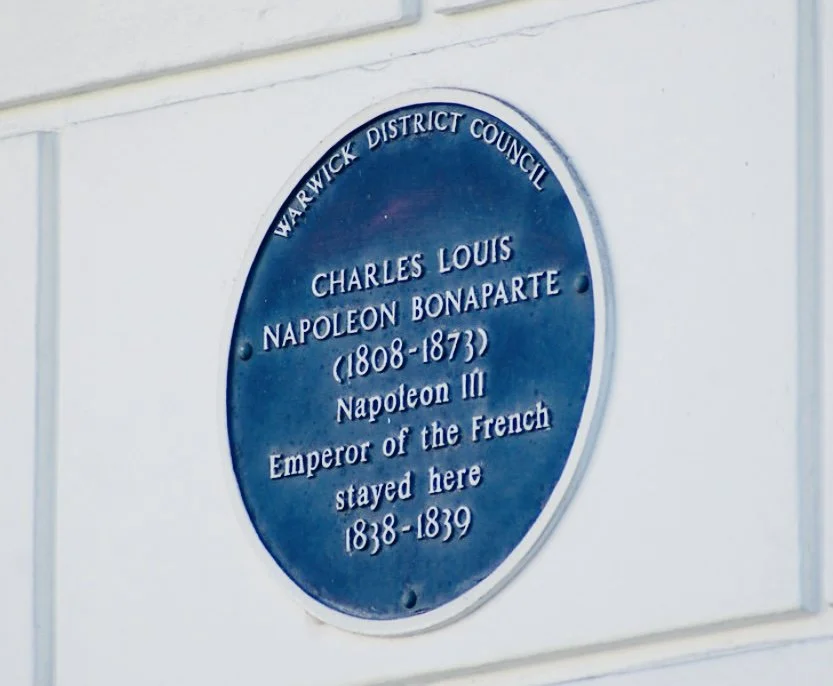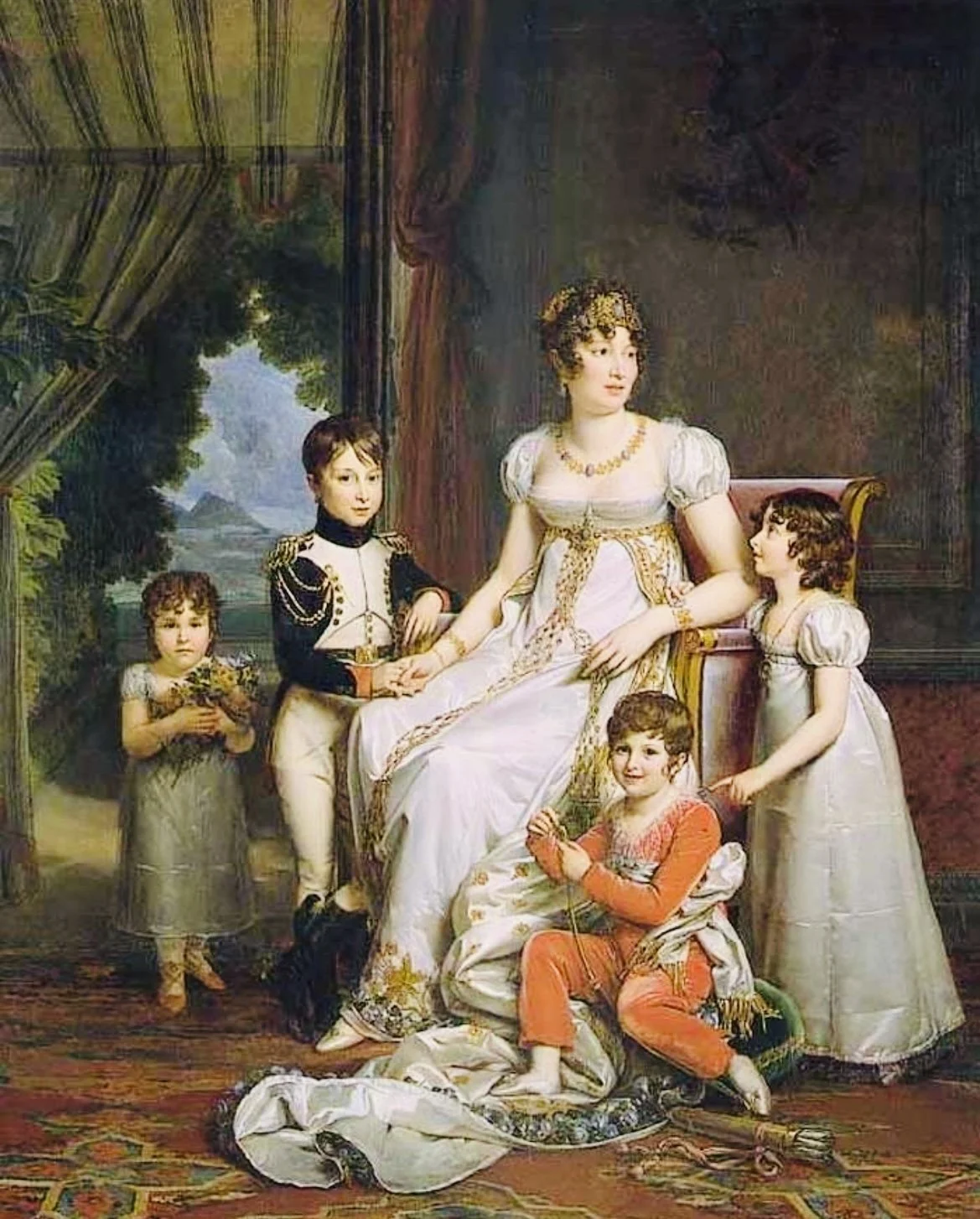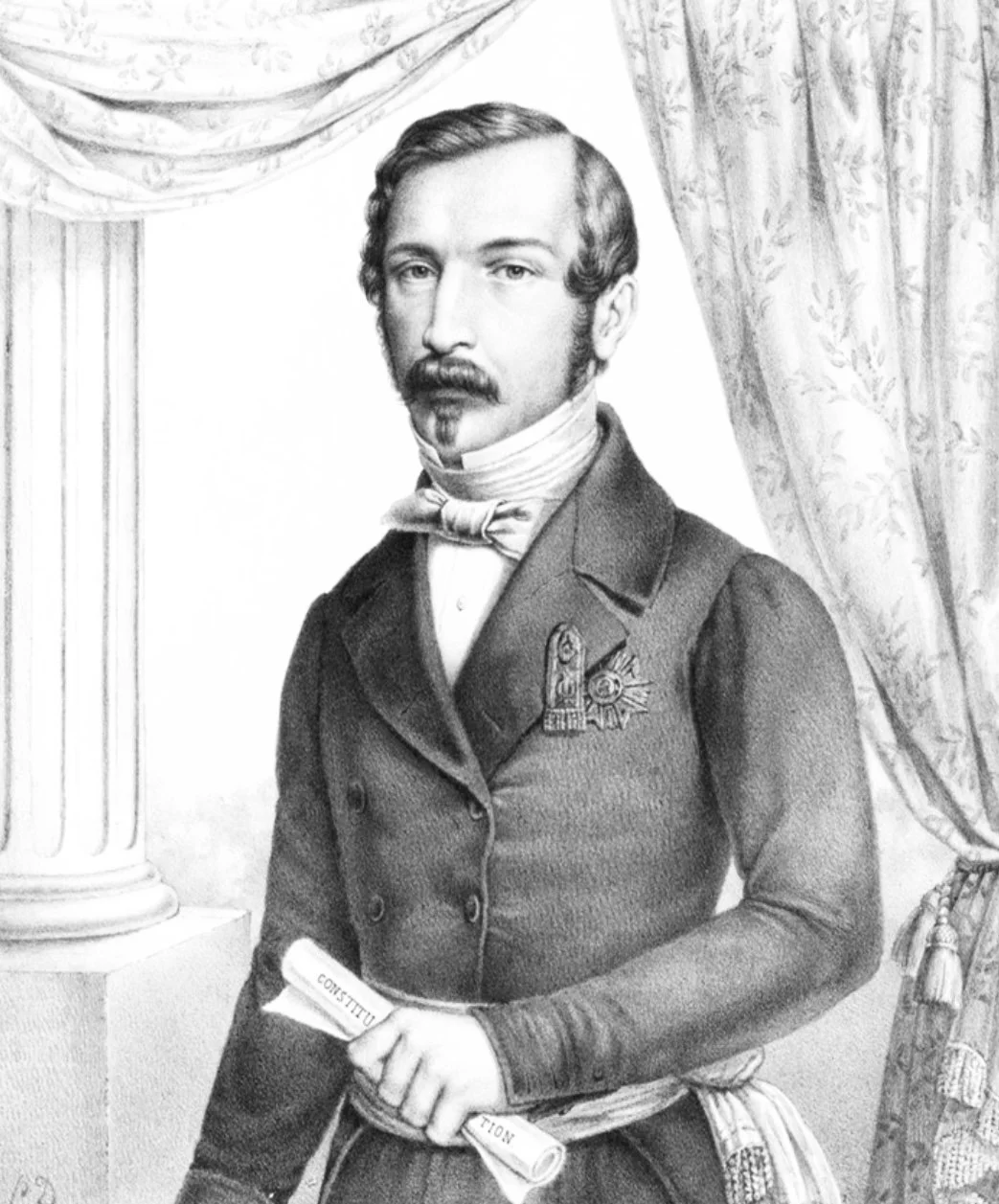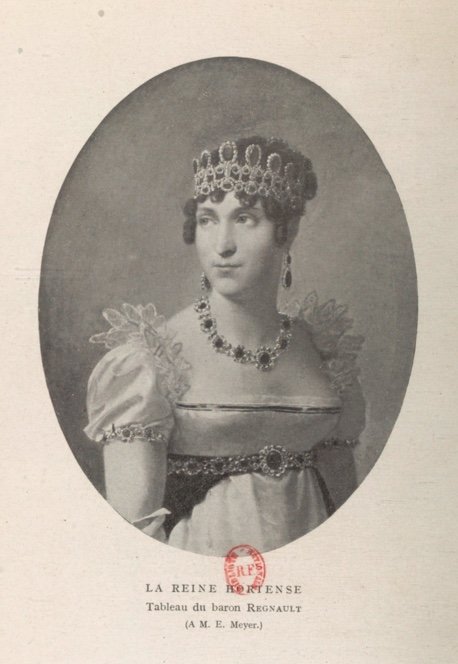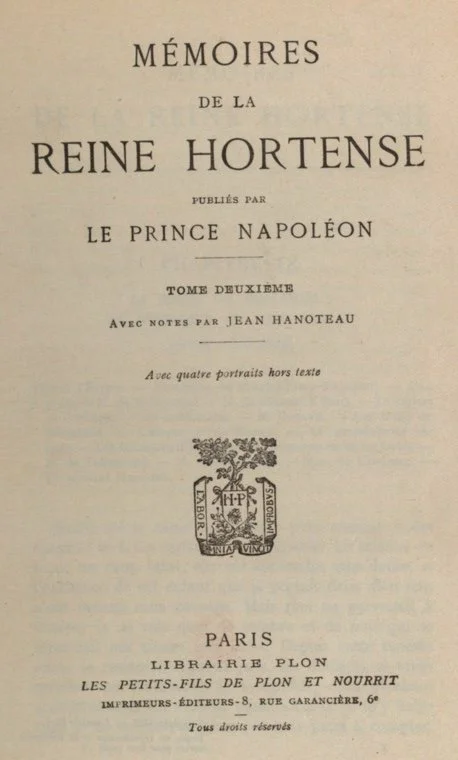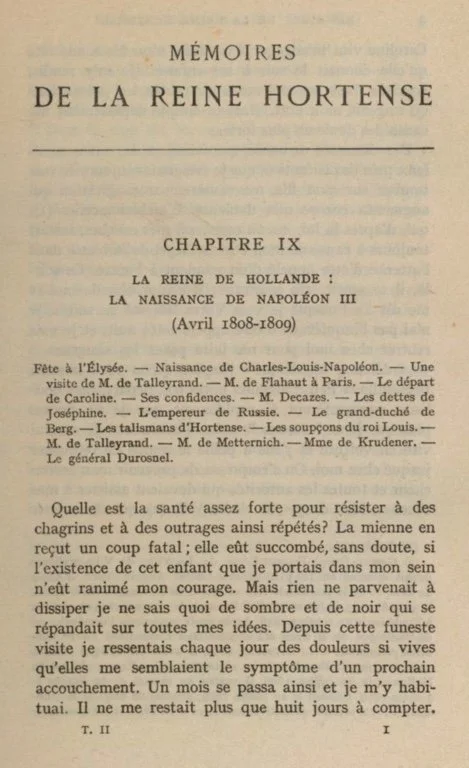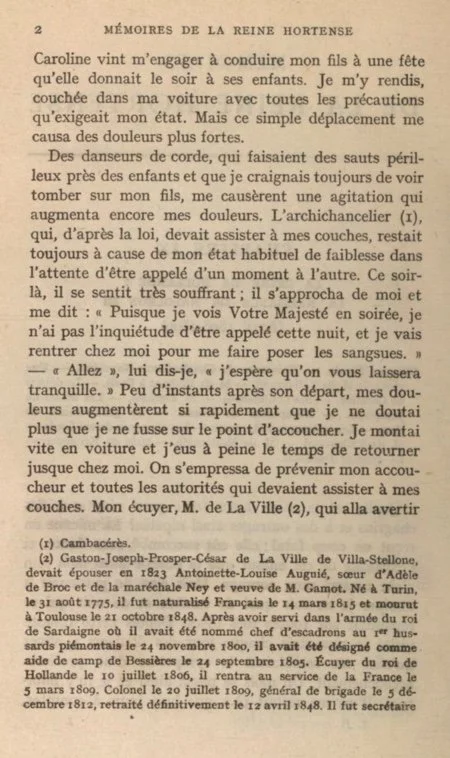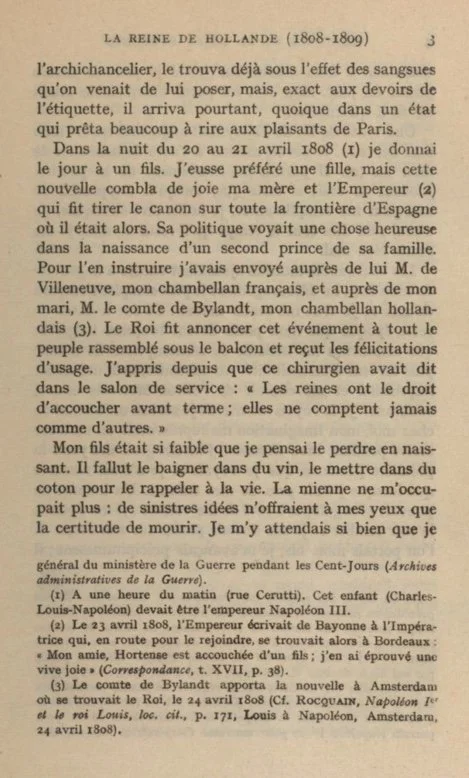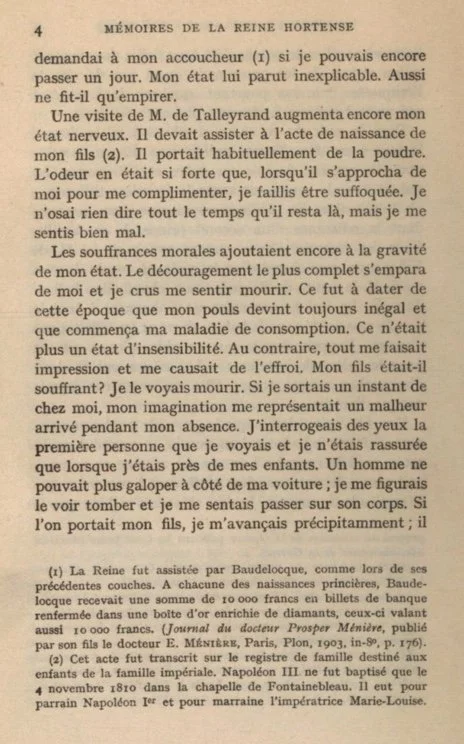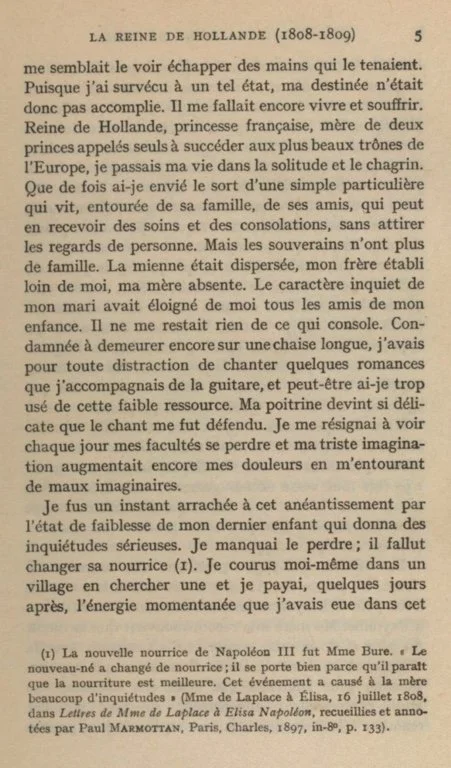Let’s have another look at Hortense’s Memoirs. If you want to read the book it is available for free at the side bar in English and French. Use the widget on the sidebar to translate the text below into pretty much any language.
Hortense describes the lose lose scenarios and chronic illness in her life around the time of the birth of the future Napoleon III.
Hortense’s memoirs continues:
I accepted and drove there, lying in my carriage, and taking all the precautions my condition rendered necessary. But even this simple outing brought on more severe pains. Tight-rope dancers, executing their performances near the children, and who I constantly feared would fall on my son, increased my nervousness. High Chancellor Cambaceres, who according to the law was obliged to be present at my confinement, was constantly expecting a summons on account of my increasing weakness.
That evening, as he was not at all well himself, he came up to me and said: "As I see your Majesty at a reception I need not expect to be called tonight and with your permission I shall return home and have leeches applied."
“You may leave," I replied. "I hope you will not be disturbed." A few moments after his departure my pains became so violent that I had no further doubt that I was about to give birth to my child.
I quickly climbed back into my carriage and scarcely had time to reach home. My accoucheur was sent for, and the authorities who were obliged to attend me on that occasion were notified. My equerry Monsieur de la Ville, who was sent to summon the High Chancellor, found him still suffering from the effect of being leeched.
Nevertheless, since he was a punctilious observer of etiquette, he obeyed the summons although in a condition which aroused the mirth of all Paris.
In the night of the 20th and 21st of April, 1808, I gave birth to a son. I should have preferred a daughter, but the announcement that the baby was a boy caused my mother great joy, and the Emperor ordered a salute to be fired all along the Spanish border where he then was.
The birth of a second possible heir to the throne fitted in admirably with his political plans. In order to convey the news to him officially I dispatched my French chamberlain as messenger, at the same time sending my Dutch chamberlain Count Bylandt to take the news to my husband.
The King had the event announced to his subjects from the palace balcony and received the customary congratulations. I learned later that the surgeon had declared in the drawing room "Queens have the right to be pregnant a shorter time than other women; they do not count as ordinary people do."
My son was so delicate that I feared from his birth I should lose him. It was necessary to bathe him in wine and wrap him up in cotton in order to keep him alive.
I did not care whether I lived or not myself; my gloomy forebodings concerning the future made the idea of death quite bearable. In fact, I was so convinced that my last day had come that I asked my physician whether I could survive another twenty-four hours.
My condition seemed to him quite inexplicable. As a matter of fact it grew worse steadily. A visit from Monsieur de Talleyrand added to my sense of discomfort and affected my nerves in a disagreeable manner. He was one of the officials who were supposed to be in attendance when my son was born.
He always wore his hair powdered. The smell of the powder was so strong that when he came close to me to express his good wishes I thought I should suffocate. I did not dare say anything as long as he remained, but I felt that his presence was bad for me. My mental anguish still further increased the seriousness of my physical condition.
Utter discouragement came over me and I thought I was about to die. It was then that my pulse ceased to beat regularly and that my consumption began to develop. No longer was I insensible to pain. On the contrary everything affected me and alarmed me. If my son happened to be ill I thought he was dying. If I left the house for a moment my imagination would conjure up pictures of the terrible things that might happen during my absence. I stared anxiously at the first person I met and was not reassured until I was back again with my children.
If a man rode along beside my carriage, I fancied he had been thrown off and I felt the wheels go over his body. If people picked up my son I sprang forward, for he seemed to be slipping from their grasp. Yet since I continued to live on in spite of all the sufferings provoked by my nervous condition it must have been because my destiny willed it. It was necessary that I should continue to live and suffer. Queen of Holland, Princess of France, mother of two princes, sole heirs to the most glorious throne of Europe, I spent my days in sorrow and wretchedness of spirit.
How often did I envy the lot of those whose lives are spent in the midst of their family and friends, who can be cared for and comforted without attracting the curiosity of strangers! But royalty has no family. Mine was scattered: my brother lived far away; my mother was not with me. My husband's jealous nature had estranged all my old friends. No one was left who could console me and sympathize with my troubles.
Condemned to lie day after day on a chaise longue my only amusement was to sing old ballads to the accompaniment of my guitar and I was too worn out for even that mild recreation. My lungs had become so delicate that singing was forbidden me. I resigned myself to the spectacle of watching what natural talents I possessed disappear, and my gloomy fancy intensified my physical ailments since it conjured up imaginary ills in addition to my real ones.
The continued weakness of my new-born child, which made me very uneasy, remedied for a while my general prostration. The baby nearly died. It became necessary to change his nurse, and I went myself to a village to secure a new one. But this brief revival of energy due to my maternal anxiety cost me dearly. I took cold while caring for my son and was afflicted with terrific headaches. Will my readers believe me? I enjoyed this physical pain. It banished for a short time that moral depression which is so bitter, so exhausting to a heart over-flowing with grief.
As a climax to all my troubles the Emperor's family took exception to the fact that I was staying on in France. My husband's mother declared openly that I had abandoned her son when he was ill, unhappy, and wretched because I was not with him. At a time when I wasting away before their very eyes, when the doctors had given up all hope of my recovery and when I did not dare speak of the grief that gnawed at my bosom, it was still I who was considered in the wrong. The thought of my returning to Holland made me tremble.
Yet if I did not do so the public, not understanding the reasons which prompted my actions, would severely condemn me. On the other hand, if I did go, would not my reputation suffer at least as much from the remarks and attitude of a husband such as mine?
What a piteous dilemma I was in! One day Madame Campan came to see me. She understood my character and guessed how miserable I was. "Do not let yourself pine away," she said to me with tears in her eyes. "I know how discouraged you are, but it is necessary to face life as it is. Live on, and in the end your conduct will be appreciated and more fairly judged."
The original French is available below:

